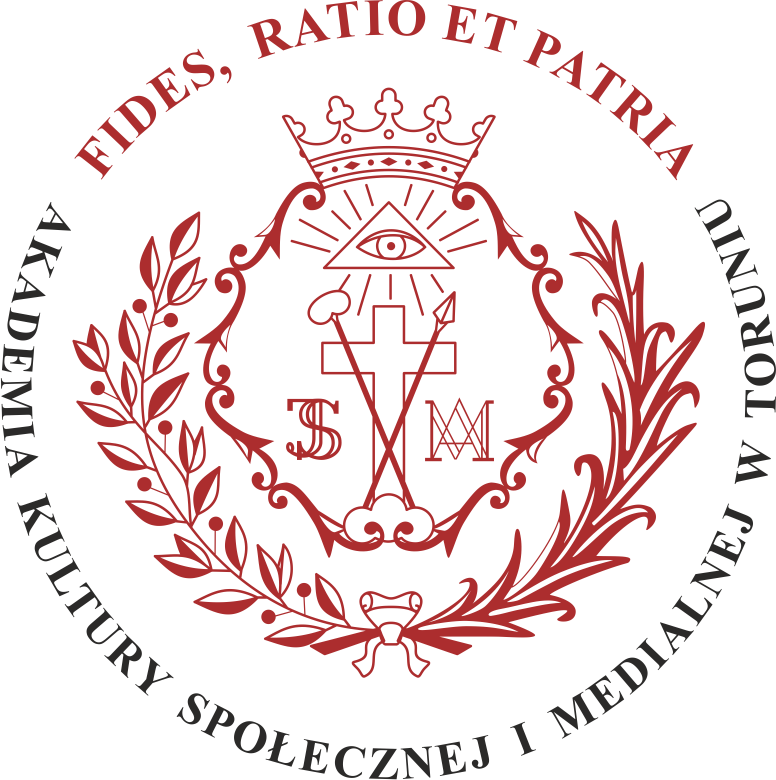#erasmus #mobile #mobility #international #internet
Netiquette is rules of behavior that answer the question: how to behave on the internet? The rules here change from year to year as the internet changes. The rules of proper behavior in the network derive from netiquettes that were in force on newsgroups, forums and IRC channels. Most of us use social networking sites. It is to them that today’s code of behavior applies – netiquette on the Internet.
The goal of netiquette is to create a good framework for the operation of a given Internet community and to counteract such phenomena as: flooding, spamming, trolling or poke writing. There is no single predetermined netiquette. The most important thing is to remember about the other person, respect them and treat them culturally.
- Respect the privacy of others. Do not share photos of them or private messages they send you without their consent.
- Don’t spam and don’t send the same message multiple times. If you haven’t received a reply, wait a day or more before remembering yourself.
- Don’t hate, insult or provoke other users. Conscious humiliation, trolling and taunting are unacceptable.
- Take care of the legibility of your statements. Do not overuse capital letters, punctuation marks and emoticons.
- If you want to ask about something, use the search engine first. This rule applies to forums and groups on social networks.
- Don’t post fake news, clickbait articles, or chain letters.
- Before you retweet an article, check for information from credible sources.
- Avoid profanity. When joining a new group, take care of the culture of expression.
- Read the regulations. Before you start publishing posts, make sure you understand the policies of that community.
- Respect internet property. Each drawing or blog article is copyrighted.
- Don’t post obscene photos or videos in places not intended for this. Also, don’t throw drastic images where everyone can see them.
12. Don’t offtop! Write on the topic. Raising issues that are completely unrelated to the topic of discussion creates a mess and hinders the exchange of views.










Very interesting post. From my personally point of view, i think that it’s very important to be polite on the network, because the “digital” world is like a “normal” world. Thanks to Internet and social networks you can chat with people all over the world, but, in order to make a good discussion with them, you have to be kind and gentle like in the “real” world.
Greetings from Italy!
… [Trackback]
[…] Read More on to that Topic: ripec-project.eu/discussion/principles-of-network-communication/ […]
… [Trackback]
[…] Find More Info here on that Topic: ripec-project.eu/discussion/principles-of-network-communication/ […]
… [Trackback]
[…] Here you can find 15100 additional Info on that Topic: ripec-project.eu/discussion/principles-of-network-communication/ […]
… [Trackback]
[…] Info on that Topic: ripec-project.eu/discussion/principles-of-network-communication/ […]
… [Trackback]
[…] Read More to that Topic: ripec-project.eu/discussion/principles-of-network-communication/ […]
… [Trackback]
[…] Here you can find 9700 more Information to that Topic: ripec-project.eu/discussion/principles-of-network-communication/ […]
… [Trackback]
[…] Find More Information here on that Topic: ripec-project.eu/discussion/principles-of-network-communication/ […]
… [Trackback]
[…] Read More on to that Topic: ripec-project.eu/discussion/principles-of-network-communication/ […]
… [Trackback]
[…] Find More Info here to that Topic: ripec-project.eu/discussion/principles-of-network-communication/ […]
… [Trackback]
[…] Information to that Topic: ripec-project.eu/discussion/principles-of-network-communication/ […]
… [Trackback]
[…] Here you will find 47766 additional Information on that Topic: ripec-project.eu/discussion/principles-of-network-communication/ […]
… [Trackback]
[…] Info on that Topic: ripec-project.eu/discussion/principles-of-network-communication/ […]
… [Trackback]
[…] There you can find 7522 more Info on that Topic: ripec-project.eu/discussion/principles-of-network-communication/ […]
… [Trackback]
[…] Information to that Topic: ripec-project.eu/discussion/principles-of-network-communication/ […]
… [Trackback]
[…] Read More Info here on that Topic: ripec-project.eu/discussion/principles-of-network-communication/ […]